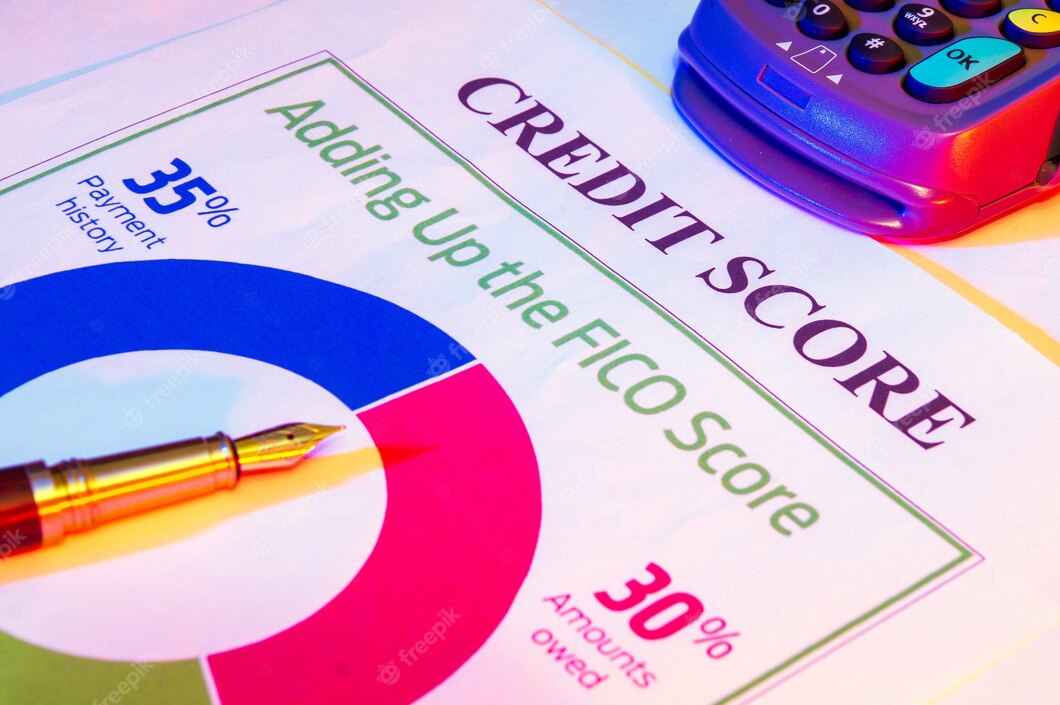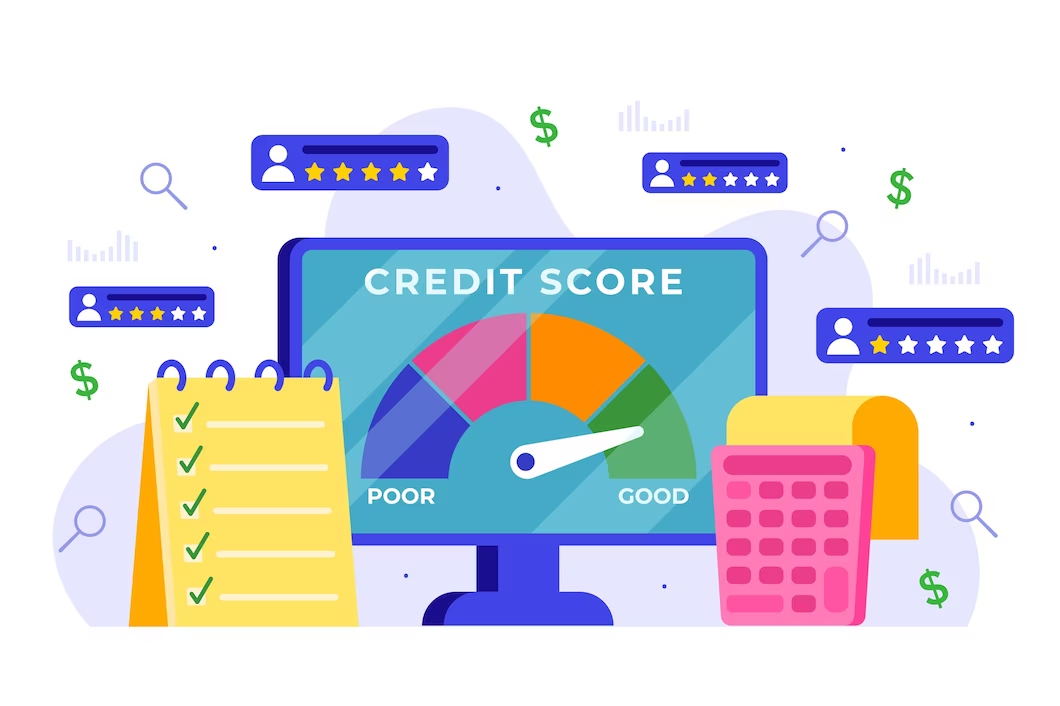CIBIL score, also known as a credit score, is a three-digit number that ranges from 300 to 900, and it represents an individual's creditworthiness. It's one of the most important factors considered by banks and other financial institutions when assessing a loan or credit card application. In this article, we will discuss in detail what a CIBIL score is, how it is calculated, why it's important, and how to improve it.
What is a CIBIL Score?
A CIBIL score is a numerical representation of an individual's credit history, and it's generated by Credit Information Bureau India Limited (CIBIL). CIBIL is India's first credit information company and was established in 2000. The company maintains credit records of individuals and companies and provides credit reports to banks and financial institutions.
A CIBIL score ranges from 300 to 900, with 900 being the highest score possible. A higher score indicates that an individual is more creditworthy and has a lower risk of defaulting on a loan or credit card. On the other hand, a lower score indicates a higher risk of default.
How is a CIBIL Score Calculated?
A CIBIL score is calculated based on an individual's credit history. The credit history includes information such as the number of credit accounts an individual has, the amount of credit used, the length of credit history, and the payment history. Here's a breakdown of how a CIBIL score is calculated:
- Payment History (35%): Payment history is the most crucial factor that impacts an individual's credit score. It includes the number of times an individual has missed or made late payments on credit cards, loans, and other debts.
- Credit Utilization (30%): Credit utilization refers to the amount of credit an individual is using compared to their credit limit. It's advisable to keep the credit utilization ratio below 30% to maintain a good credit score.
- Length of Credit History (15%): The length of credit history is another important factor that affects an individual's credit score. A longer credit history indicates a more responsible borrower and, therefore, a higher credit score.
- Types of Credit (10%): The type of credit an individual has, such as a credit card or a loan, also affects their credit score. A healthy mix of different types of credit can positively impact a credit score.
- New Credit (10%): Applying for too many credit accounts at once can negatively impact an individual's credit score. Therefore, it's advisable to apply for credit only when necessary.



2 Comments